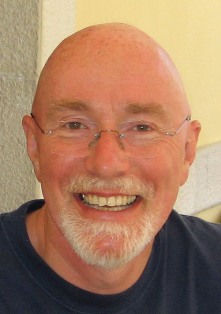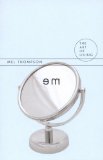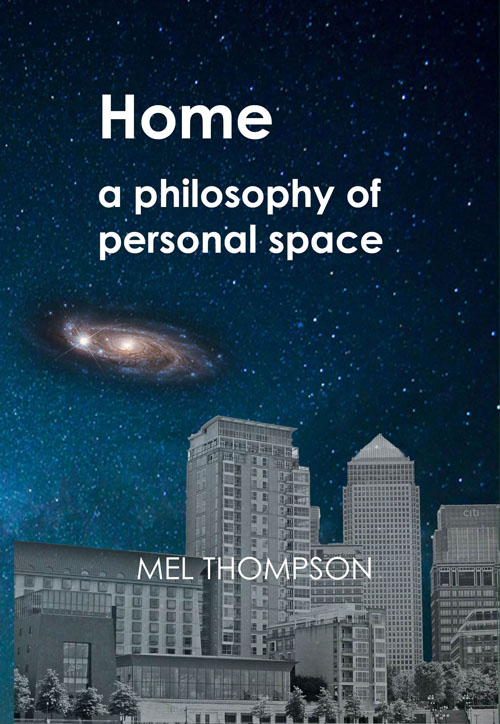 Me (in the Art of Living series)
Me (in the Art of Living series)
What shapes our life?
I argue in this book that we are constantly creating a personal 'map' of value and significance - we live in a world where our family, friends, work and interests provide the co-ordinates of our personality.
 From the Me press release...
From the Me press release...
Who are we? What is consciousness and how does it relate to what goes on in the brain? What is it to be a unique individual? These are some of the most hotly debated questions in philosophy today and they have a direct bearing upon the way we understand ourselves. Looking at the subject from a refreshingly new angle, Mel Thompson argues that while traditional questions about how the mind relates to the body go some way to explaining who we are, ultimately they fail to reveal the heart of the matter – the self that we experience.
In a world where events are constantly re-shaping our lives, is it possible to have a fixed idea of “me”? Can we ever really know our friends and family and, likewise, can they truly know us? If we want to know another person, which is more useful, a biography or a brainscan? These are just some of the questions that are examined in this fascinating and thought-provoking book.
Drawing on personal reflection and anecdote and on writings from philosophy, science, religion and literature, Thompson explores the idea that the self is not a fixed entity, but a process by which our senses and memory work together to create a unique and personal map of the world around us – a map that enables us to feel ‘at home’, to relate to others, and to give value and meaning to our lives.
Guiding the reader through one of life’s most challenging questions in a way that is both logical and accessible, Me is a well-written and uplifting book that, while acknowledging that we cannot give a definitive answer the question “Who am I?”, argues that the process that develops the illusion of a separate ‘me’ ‘not only gives character to characterless neurons and sense organs, but also transforms the external world of physical matter into one that is mapped out with value, beauty, friendship, meaning and significance.’
Steven Poole's review in The Guardian, May 30th 2009...
With this entry in Acumen's diverting 'The Art of Living' series, Thompson tackles the enormous question of what is a self. The self, he argues, is not a thing but a process, the process of the mind interacting with the world. Here is a vivid and interesting image: the mind, Thompson says, is engaged in making a 1:1 scale 'map' of the world, projecting values and significance on to it. This has the happy side-effect that other people are not somehow unfathomable, but can be known through their own maps, and can engage with one another in the social activity of 'interactive mapping'.
Thompson writes throughout with verve and amiability, even if he does at last scrape up against the rock of question-begging that often lurks in such discussions. The 'me' is defined as the ongoing mapping-process done by the 'I'. Right, so who or what is the 'I'? 'The 'I' is the point from which I gain my perspective on the world,' Thompson explains. OK, but who is that second 'I'? Or, as Bob Dylan asked: 'Who are you anyway?'
[PS The issue is not whether there is a second 'I', but how we use our usual forms of expression to explain how 'we' operate. As soon as we describe ourselves, we tend to objectify ourselves and thus to create the self as a separate object to be observed and commented on. That's the problem. My argument is that there is no such objective, fixed self; we are the process of mapping! Mel]


